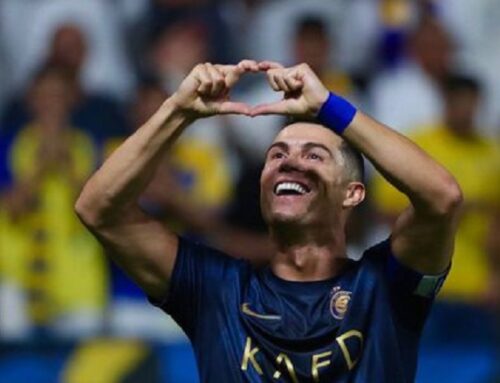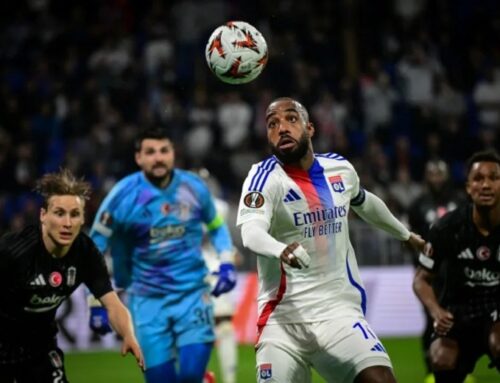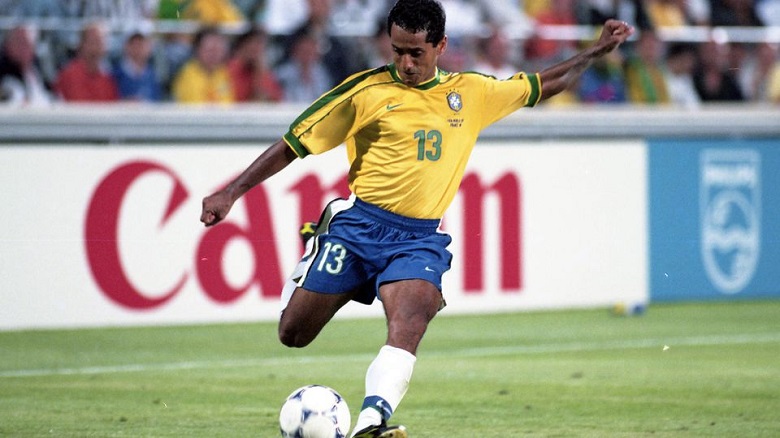
Surprises, comfort, and chaos in an unfamiliar Benfica, the Inter-Benfica chronicle Two games, zero points, zero goals scored, and last place in the group.[expander_maker id=”1″ ] These are the objective facts, and therefore no one can say that life is going well for the Portuguese champions in Europe. It is true that losing 1-0 to Inter in Milan is not a shame, but the problem is that in a group without weak opponents, the defeat against Salzburg in Lisbon brought Benfica the greater responsibility of having to find points from anywhere they can.
It is now known that this was not possible in Milan, and the pressure is mounting. Benfica must be aware that each upcoming game is becoming increasingly decisive.
A surprising plan
There were many theories and predictions about the team Roger Schmidt would choose for Milan. Various lineups were published and announced. No one guessed correctly because the German coach caught everyone off guard, including Flippo Inzaghi, by debuting Bernat as a left back, allowing Aursnes to move up to midfield, and even more unexpectedly, abandoning the usual one-striker system and playing with two wide men up front (Rafa and Neres), making it difficult for the Italians to mark and creating conditions for a less controllable attacking dynamic. To this well-thought-out idea, Benfica added possession football, forcing the opponent to chase, while ensuring necessary defensive balance.
The plan worked perfectly during the first half, in which Benfica felt confident and comfortable throughout.
Suffocated from the start
The halftime break was catastrophic. Inter came onto the field with a renewed energy. More pressure on the Benfica players, faster execution, and taking full advantage of the vulnerability on the right flank. Bah, who was injured, had been replaced by Tomás Araújo, and Di Maria, exhausted, could no longer provide defensive support. Dimarco became crucial in creating imbalance on the wing, and the first fifteen minutes of the second half turned into chaos. Several goal-scoring opportunities were missed by the Italians, two shots hit the crossbar and post, and a tremendous performance by Trubin delayed the inevitable goal that would come after an hour of play.
Drowning from the start of a nightmare second half, Benfica felt close to suffering a heavy defeat, especially because they lacked strength and power in midfield. The substitution of Chiquinho for Kokçu did not solve the most pressing issue.
The emergency plan
Almost towards the 80th minute mark, Benfica’s emergency plan appeared as if by magic. Essentially, it was another plan based on a seldom-tested system, now incorporating the unexpected presence of two strikers (Arthur Cabral and Musa). Aursnes moved to the right flank, and Neres to the left. The truth is that Inter got scared, trembled, retreated, took refuge in their usual assurance of a strong and organized defense, but they stopped suffocating Benfica and even allowed some liberties that, truthfully, were not very threatening but left a final sense that Benfica still asserted their dignity and defended their name, going in search of an equalizer that, if it had happened, would have been a miracle but was still possible.[/expander_maker]
About the author : Roman
Related Posts
Subscribe to newsletter
To stay updated on the latest sports news, exclusive interviews, match highlights, and more
Latest videos
Remembering Zé Carlos: A Tribute to the Brazilian Football Icon
Electrifying Start at Queen’s Club Championships
Join our mailing list today
Insider offers & flash sales in your inbox every week.
Curabitur non nulla sit amet nisl tempus convallis quis ac lectus dolor sit amet, consectetur adipiscing elit sed porttitor lectus.





